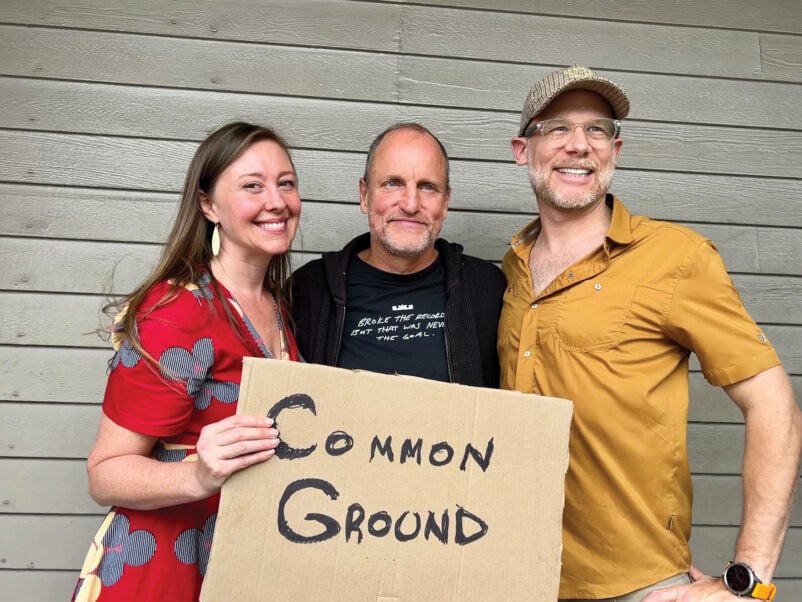Margaret Dolan is president and CEO of Nashville, Tenn.–based LocalShares, the creator of a city-based exchange-traded fund, NASH, composed of Nashville-area companies. LocalShares also creates and analyzes indices of 29 major metropolitan areas in the U.S. Worth spoke to Dolan about why companies choose to operate in certain cities and what people need to know before investing in their hometowns.
Q: Investing in companies based on the cities where they’re headquartered is a unique idea. Where did it come from?
A: There are a myriad of organizations that follow, evaluate and celebrate cities. LocalShares takes that in a new direction. We have created sophisticated indices for 29 American cities that track the publicly traded company ecosystem of each metropolitan statistical area. This is a completely distinct lens that enables people to evaluate an economy in micro—as a basket—and understand the respective companies and sectors that are driving growth over specific periods of time.

What are you doing with the data?
LocalShares tracks these indices daily and evaluates them quarterly in an in-depth manner. We can review data historically, as well. Looking back over five years, the indices demonstrate that 80 percent of these city indices consistently outperformed the major U.S. indices—the Dow, the S&P, etc. That is compelling data that provides a new perspective on which cities are thriving and the often fascinating sectors that are driving opportunity. And during this era of “buy local,” LocalShares offers a smart way to follow the leading companies in a local marketplace.
What factors did you consider in choosing which cities to build indices for?
We began by evaluating the GDP and GDP growth of major American cities. Then we studied the number and diversification of the publicly traded companies headquartered in each of these cities. We also reviewed less tangible criteria such as leadership and community competitiveness—even whether the markets can support professional sports.
Once we established which cities to track, we developed the criteria for companies to be included in its index: A company must be publicly traded, have a market cap of at least $100 million and an average daily trading volume of 50,000 or more shares. From there, we determined the weighting of each security based on a “factor-based” algorithm that evaluates each company through factors that are indicative of performance like yield, momentum, return, low volatility, etc. It is interesting that each index is different and complex. In New York, for example, there are over 250 publicly traded companies in the basket whereas in Austin, Texas, there are almost 25. This reflects the traits that we all know make these cities different and strong.

“Yes, location matters—and different locations are better for different types of companies.”
Is there a connection between the performance of a large company’s stock and the health of a city’s economy?
Companies locate or create in places where they can thrive. If you’ve got a healthy entrepreneurial environment, in all likelihood it’s because you’ve got good access to human capital. It’s because the tax structure might be favorable to the structure that you have for your company. Maybe you’ve got access to highways or riverways or a coast if you need a port. And some of this value is “off–balance sheet.” Yes, location matters—and different locations are better for different types of companies.
So not all companies thrive in the same circumstances?
Consider the tax climate. Some of the top-performing city indices are in California, where you could argue there is not a favorable climate in many ways for business with the tax structure and so on. But they have incredible access to tech talent, and so depending on your business, that may be a more important driver of your success than anything else.
As is true with any complex marketplace, there are numerous reasons and factors influencing how individual economies thrive. But America’s cities are competing hard to build special ecosystems to support companies and help them be successful. The relative outperformance of the majority of these publicly traded company ecosystems around American cities is indicative of the strength and ingenuity of these micro-economies. U.S. cities are thriving and we are delighted to help show how publicly traded companies play a big role in our economic prism.
Worth and LocalShares partnered to host the Worth Destinations Summit 2017, a September 26–27 conference on cities and innovation.









